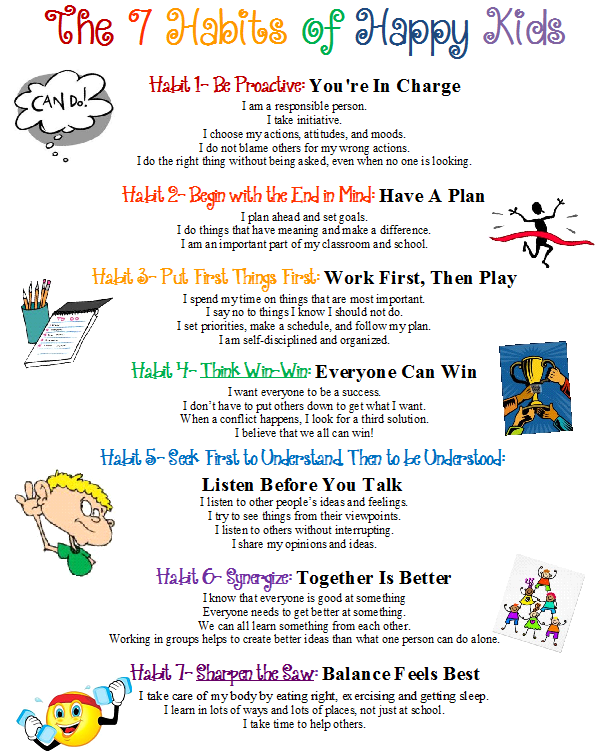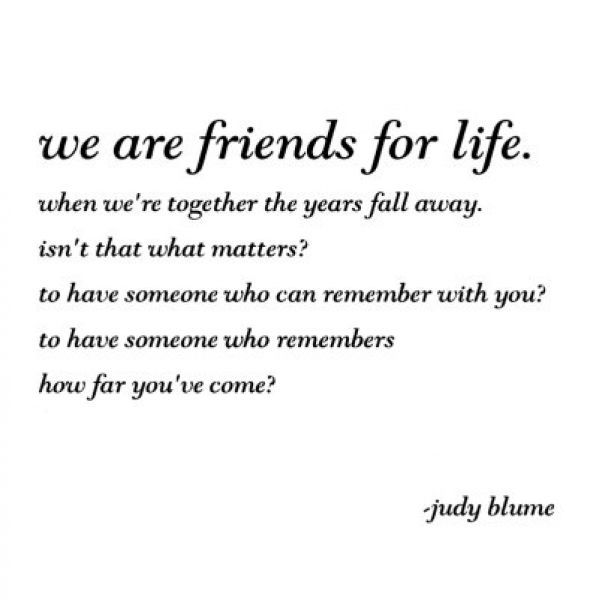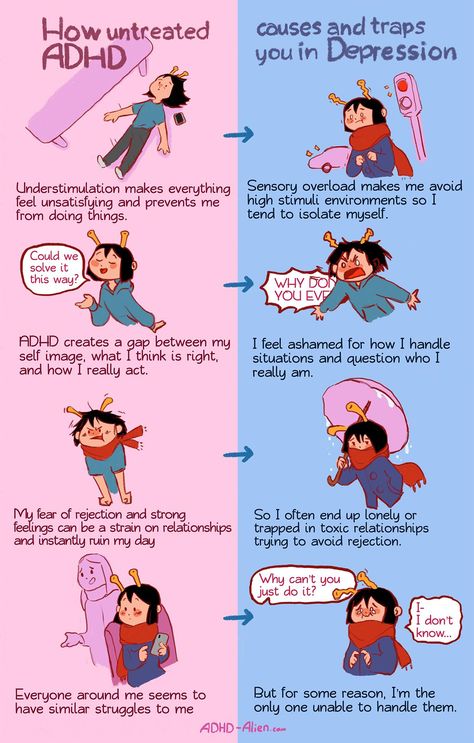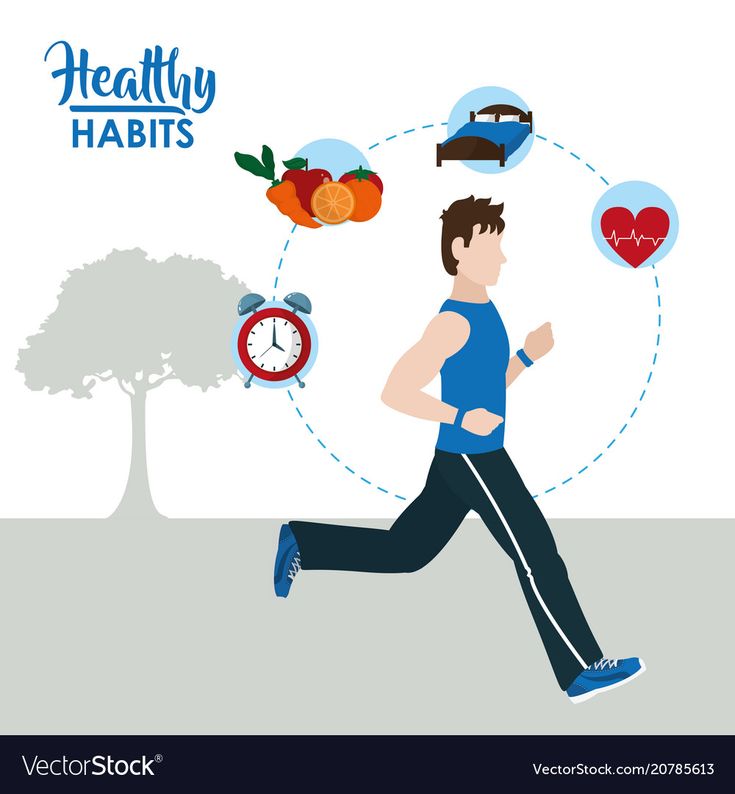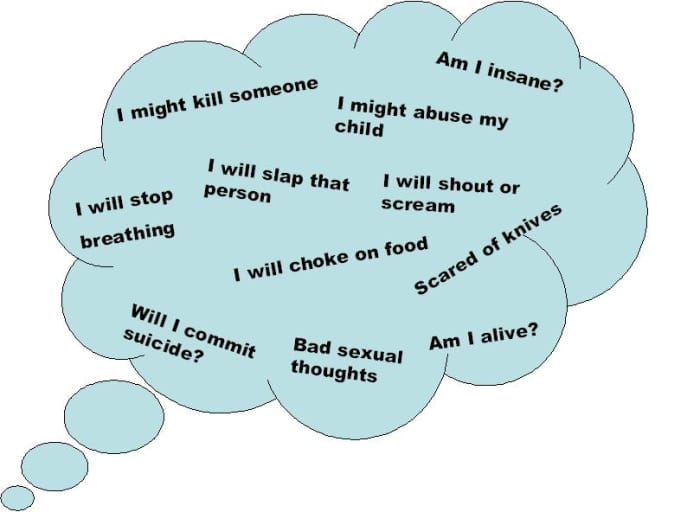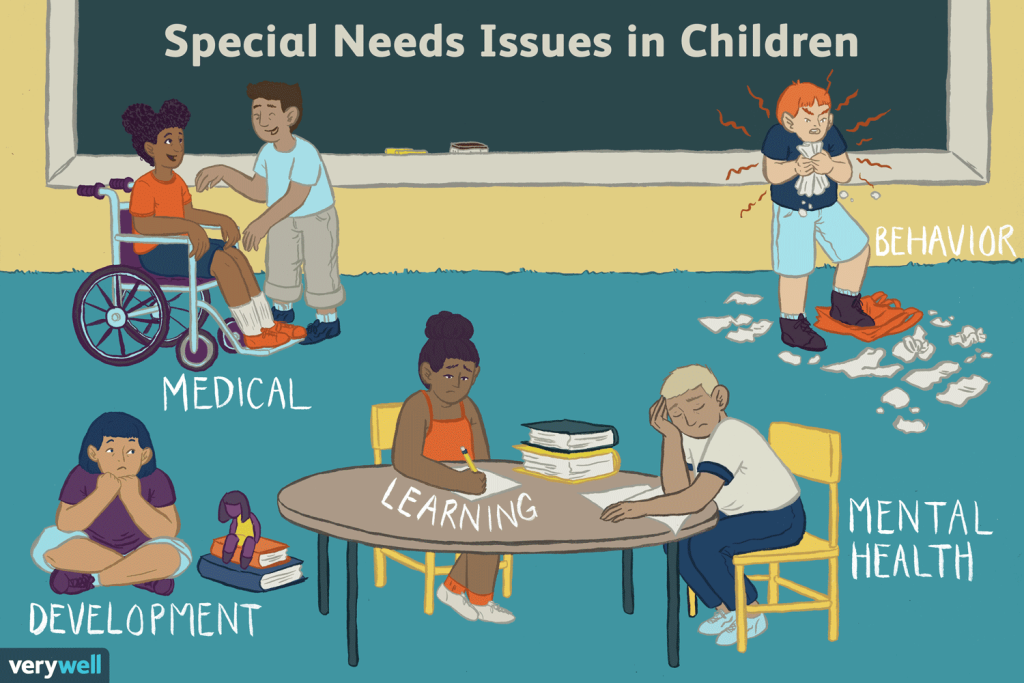School is bad for children
School is Bad for Children
by John Holt
Almost every child, on the first day he sets foot in a school building, is smarter, more curious,
less afraid of what he doesn't know, better at finding and figuring things out, and more confident,
resourceful, persistent and independent than he will ever be again in his schooling - or, unless he
is very unusual and very lucky, for the rest of his life. Already, by paying close attention to and
interacting with the world and people around him, and without any school-type formal instruction, he
has done a task far more difficult, complicated and abstract than anything he will be asked to do in
school, or than any of his teachers has done for years. He has solved the mystery of language. He has
discovered it - babies don't even know that language exists - and he has found out how it works and
learned to use it. He has done it by exploring, by experimenting, by developing his own model of the
grammar of language, by trying it out and seeing whether it works, by gradually changing it and refining
it until it does work.
And while he has been doing this, he has been learning other things as well,
including many of the "concepts" that the schools think only they can teach him, and many
that are more complicated than the ones they do try to teach him.
In he comes, this curious, patient, determined, energetic, skillful learner. We sit him down at a
desk, and what do we teach him? Many things. First, that learning is separate from living. "You
come to school to learn," we tell him, as if the child hadn't been learning before, as if living
were out there and learning were in here, and there were no connection between the two. Secondly, that
he cannot be trusted to learn and is no good at it. Everything we teach about reading, a task far simpler
than many that the child has already mastered, says to him, "If we don't make you read, you won't,
and if you don't do it exactly the way we tell you, you can't". In short, he comes to feel that
learning is a passive process, something that someone else does to you, instead of something you do
for yourself.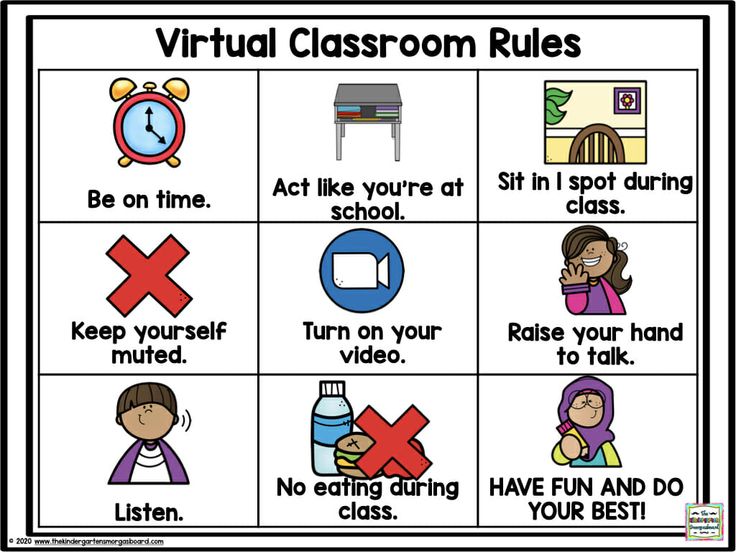
In a great many other ways he learns that he is worthless, untrustworthy, fit only to take other
people's orders, a blank sheet for other people to write on. Oh, we make a lot of nice noises in school
about respect for the child and individual differences, and the like. But our acts, as opposed to our
talk, says to the child, "Your experience, your concerns, your curiosities, your needs, what you
know, what you want, what you wonder about, what you hope for, what you fear, what you like and dislike,
what you are good at or not so good at - all this is of not the slightest importance, it counts for
nothing. What counts here, and the only thing that counts, is what we know, what we think is important,
what we want you to do, think and be." The child soon learns not to ask questions - the teacher
isn't there to satisfy his curiosity. Having learned to hide his curiosity, he later learns to be ashamed
of it. Given no chance to find out who he is - and to develop that person, whoever it is - he soon comes
to accept the adults' evaluation of him.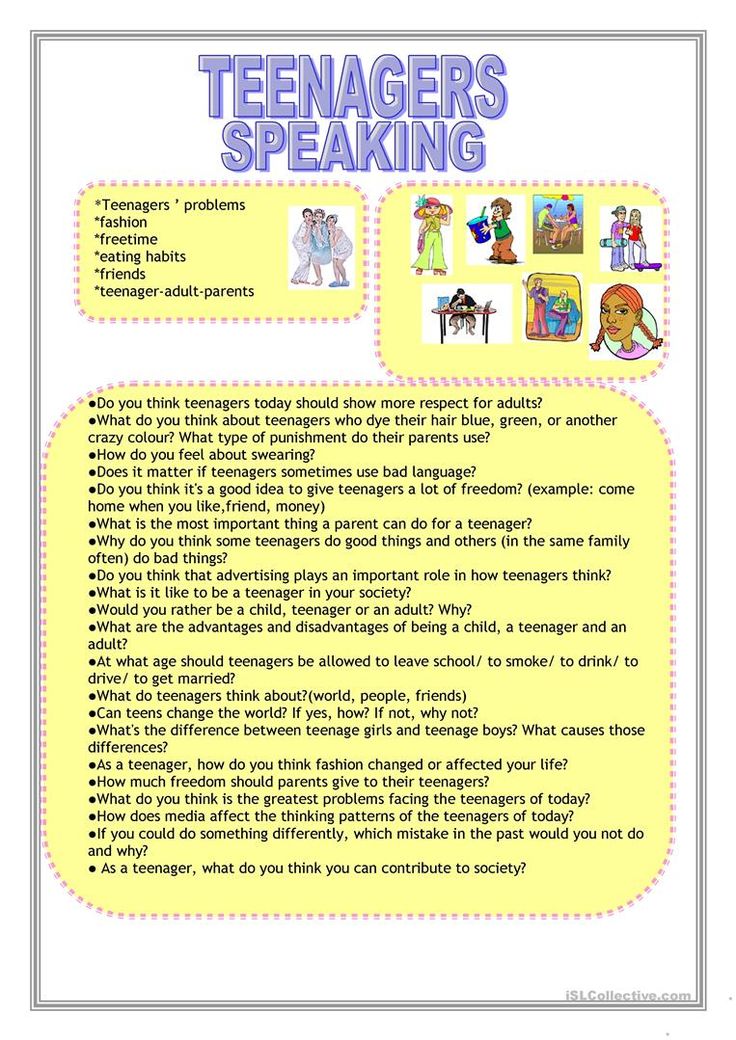
He learns many other things. He learns that to be wrong, uncertain, confused, is a crime. Right answers
are what the school wants, and he learns countless strategies for prying these answers out of the teacher,
for conning her into thinking he knows what he doesn't know. He learns to dodge, bluff, fake, cheat.
He learns to be lazy! Before he came to school, he would work for hours on end, on his own, with no
thought of reward, at the business of making sense of the world and gaining competence in it. In school
he learns, like every buck private, how to goldbrick, how not to work when the sergeant isn't looking,
how to know when he is looking, how to make him think you are working even when he is looking. He learns
that in real life you don't do anything unless you are bribed, bullied or conned into doing it, that
nothing is worth doing for its own sake, or that if it is, you can't do it in school. He learns to be
bored, to work with a small part of his mind, to escape from the reality around him into daydreams and
fantasies - but not like the fantasies of his preschool years, in which he played a very active part.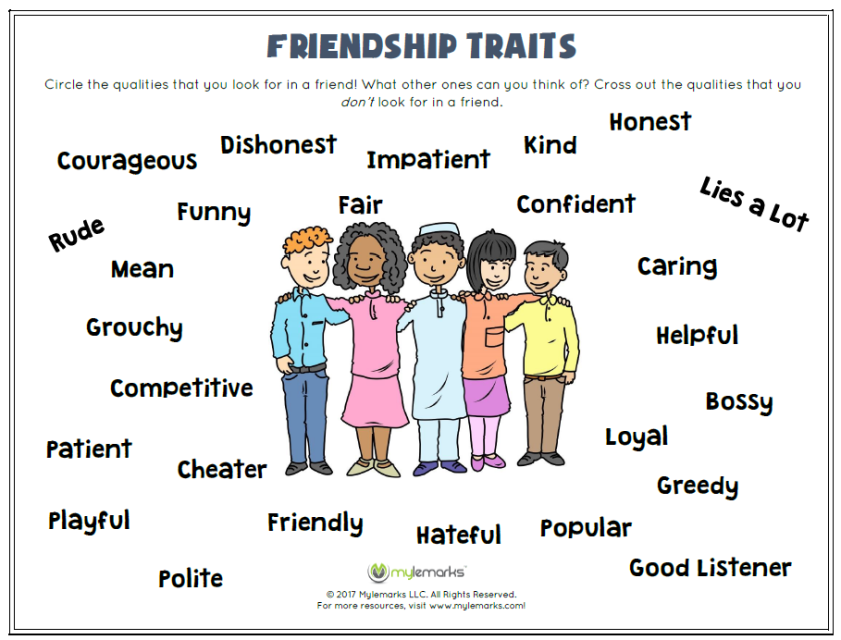
The child comes to school curious about other people, particularly other children, and the school teaches him to be indifferent. The most interesting thing in the classroom - often the only interesting thing in it - is the other children, but he has to act as if these other children, all about him, only a few feet away, are not really there. He cannot interact with them, talk with them, smile at them.
In fact, he learns how to live without paying attention to anything going on around him. You might say that school is a long lesson in how to turn yourself off, which may be one reason why so many young people, seeking the awareness of the world and responsiveness to it they had when they were little, think they can only find it in drugs. Aside from being boring, the school is almost always ugly, cold, and inhuman.
And so, in this dull and ugly place, where nobody ever says anything very truthful, where everybody
is playing a kind of role, as in a charade where the teachers are no more free to respond honestly to
the students than the students are free to respond to the teachers or each other, where the air practically
vibrates with suspicion and anxiety, the child learns to live in a daze, saving his energies for those
small parts of his life that are too trivial for the adults to bother with, and thus remain his.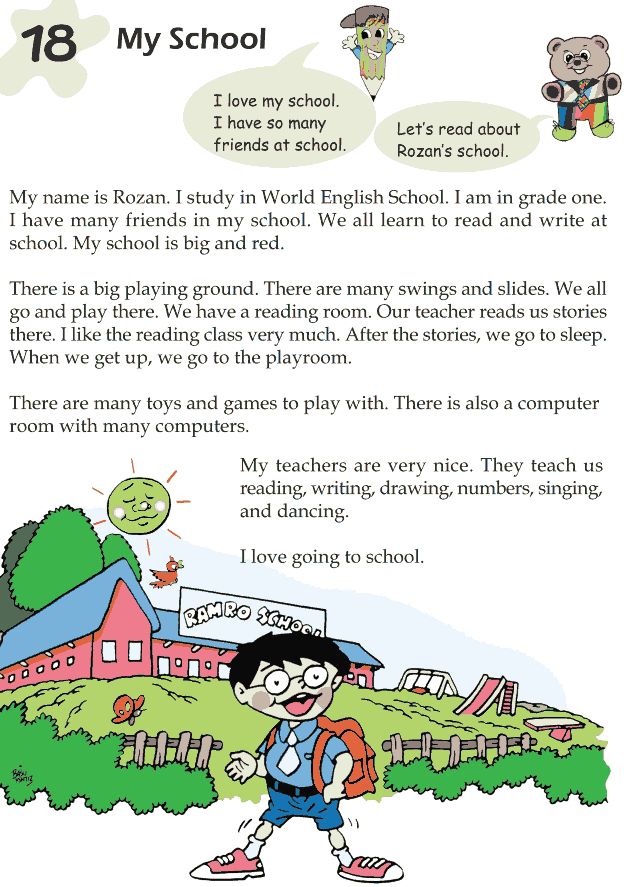 It
is a rare child who can come through his schooling with much left of his curiosity, his independence
or his sense of his own dignity, competence and worth.
It
is a rare child who can come through his schooling with much left of his curiosity, his independence
or his sense of his own dignity, competence and worth.
Our compulsory school-attendance laws once served a humane and useful purpose. They protected the
children's right to some schooling, against those adults who would otherwise have denied it to them
in order to exploit their labor, in farm, store, mine or factory. Today the laws help nobody - not the
schools, not the teachers, not the children. To keep kids in school who would rather not be there costs
the schools an enormous amount of time and trouble - to say nothing of what it costs to repair the damage
that these angry and resentful prisoners do every time they get a chance. Every teacher knows that any
kid in class who, for whatever reason, would rather not be there, not only doesn't learn anything himself
but makes it a great deal tougher for anyone else.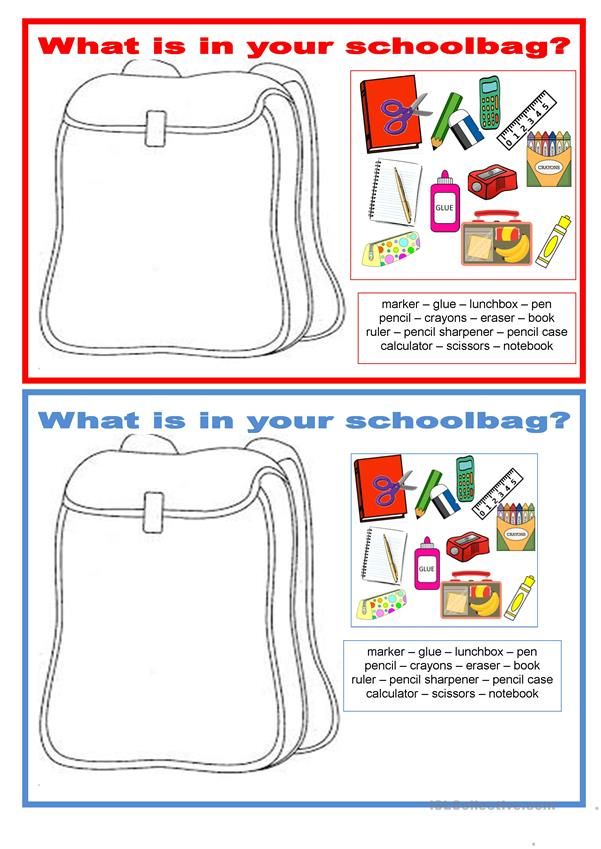 As for protecting the children from exploitation,
the chief and indeed only exploiters of children these days are the schools.
As for protecting the children from exploitation,
the chief and indeed only exploiters of children these days are the schools.
We need to get kids out of the school buildings, and give them a chance to learn about the world
at first hand. It is a very recent idea, and a crazy one, that the way to teach our young people about
the world they live in is to take them out of it and shut them up in brick boxes. Aside from their parents,
most children never have any close contact with any adults except people whose sole business is children.
No wonder they have no idea what adult life or work is like. A child learning to talk does not learn
by being corrected all the time - if corrected too much, he will stop talking. He compares, a thousand
times a day, the difference between language as he uses it and as those around him use it. Bit by bit,
he makes the necessary changes to make his language like other people's. In the same way, kids learning
to do all the other things they learn without adult teachers - to walk, run, climb, whistle, ride a
bike, skate, play games, jump rope - compare their own performance with what more skilled people do,
and slowly make the needed changes.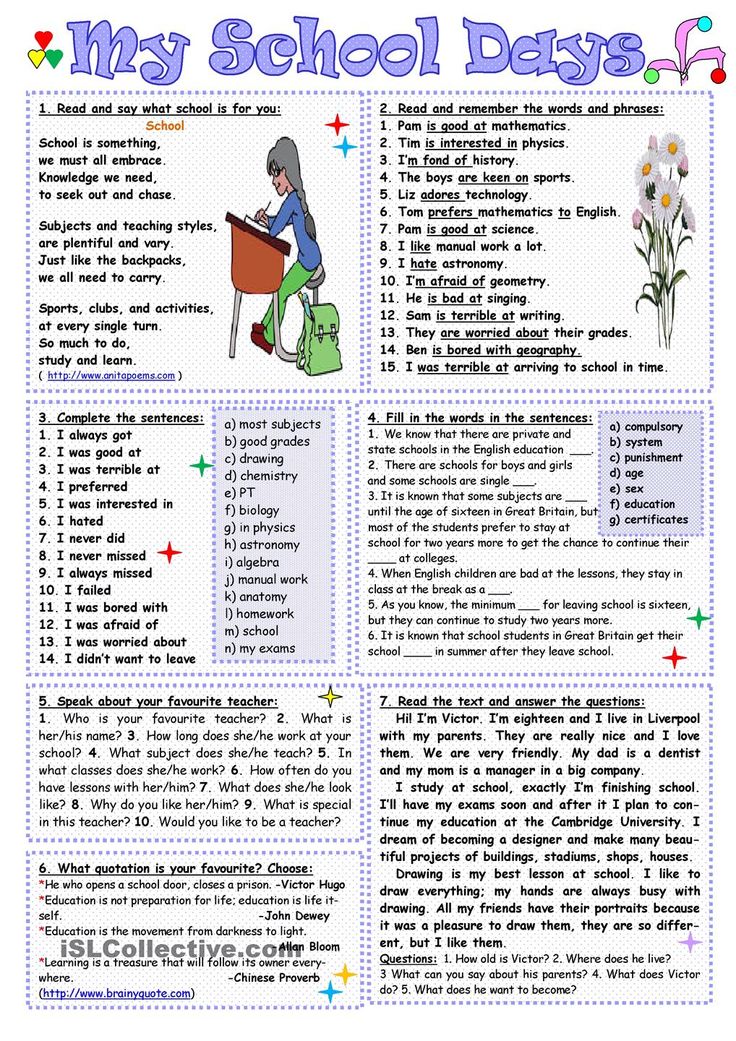 But in school we never give a child a chance to detect his mistakes,
let alone correct them. We do it all for him. We act as if we thought he would never notice a mistake
unless it was pointed out to him, or correct it unless he was made to. Soon he becomes dependent on
the expert. We should let him do it himself. Let him figure out what this word says, what is the answer
to that problem, whether this is a good way of saying or doing this or that. Our job should be to help
him when he tells us that he can't find a way to get the right answer. Let's get rid of all this nonsense
of grades, exams, marks. We don't know now, and we never will know, how to measure what another person
knows or understands. We certainly can't find out by asking him questions. All we find out is what he
doesn't know which is what most tests are for, anyway. Throw it all out, and let the child learn what
every educated person must someday learn, how to measure his own understanding, how to know what he
knows or does not know.
But in school we never give a child a chance to detect his mistakes,
let alone correct them. We do it all for him. We act as if we thought he would never notice a mistake
unless it was pointed out to him, or correct it unless he was made to. Soon he becomes dependent on
the expert. We should let him do it himself. Let him figure out what this word says, what is the answer
to that problem, whether this is a good way of saying or doing this or that. Our job should be to help
him when he tells us that he can't find a way to get the right answer. Let's get rid of all this nonsense
of grades, exams, marks. We don't know now, and we never will know, how to measure what another person
knows or understands. We certainly can't find out by asking him questions. All we find out is what he
doesn't know which is what most tests are for, anyway. Throw it all out, and let the child learn what
every educated person must someday learn, how to measure his own understanding, how to know what he
knows or does not know.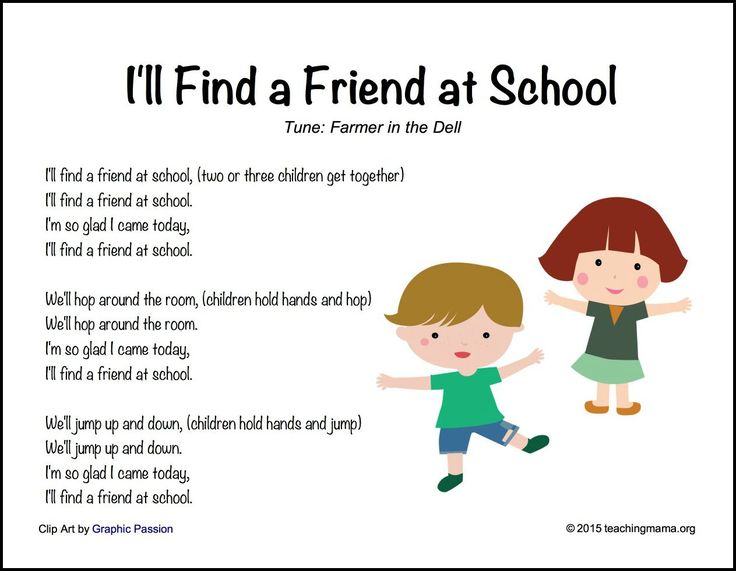
People remember only what is interesting and useful to them, what helps them make sense of the world, or helps them get along in it. All else they quickly forget, if they ever learn it at all. The idea of a "body of knowledge," to be picked up in school and used for the rest of one' s life, is nonsense in a world as complicated and rapidly changing as ours. Anyway, the most important questions and problems of our time are not in the curriculum, not even in the universities, let alone the schools.
Children want, more than they want anything else, and even after years of miseducation, to make sense of the world, themselves, and other human beings. Let them get at this job, with our help if they ask for it, in the way that makes most sense to them.
Excerpted from The Underachieving School, CO: Sentient Publications, 2005. Reprinted with permission of Sentient Publications.Originally published in The Saturday Evening Post, February 8, 1969.
- All Articles
- John Holt
- Learning
How Forced Schooling Harms Children
Most people alive today, in our culture, had the same schooling as their neighbors and friends, regardless of their differences in personalities and interests. They were grouped by age, told what they were supposed to know, tested to make sure they knew it, and made to feel ashamed if they knew more or less than the age cohort with which they were forced to “learn.” Aside from being completely at odds with how children learn best, this system sets the stage for a variety of unfortunate consequences.
Sometimes the harm is obvious. Perhaps you have a child who is clearly not enjoying school. Or a child the school has labeled as disorderly, anti-social, lackluster, or even learning disabled. Or maybe you’ve noticed that the creative spark and desire to learn that you saw in your toddler has been declining ever since the child started school. You are not alone. The problem is not you, or your child, or even the teachers or administrators. It’s the system. The way you and your child feel about school is the direct result of a system that cannot support individual interests and learning styles. If you stop to think about it, shouldn’t learning be:
Or maybe you’ve noticed that the creative spark and desire to learn that you saw in your toddler has been declining ever since the child started school. You are not alone. The problem is not you, or your child, or even the teachers or administrators. It’s the system. The way you and your child feel about school is the direct result of a system that cannot support individual interests and learning styles. If you stop to think about it, shouldn’t learning be:
- Fun and engaging?
- Inspiring creativity and inquisitiveness?
- Unique to each individual?
- Formative of life skills, personal responsibility, and citizenship?
- A life-long pursuit?
“We destroy the love of learning in children, which is so strong when they are small, by encouraging and compelling them to work for petty and contemptible rewards, gold stars, or papers marked 100 and tacked to the wall, or A’s on report cards, or honor rolls, or dean’s lists, or Phi Beta Kappa keys, in short, for the ignoble satisfaction of feeling that they are better than someone else. ” John Holt
” John Holt
But even those who conform pay a price, as explained in more detail below. Fortunately, there are many alternatives. Take the time to explore this site and then take action. But first, know this: The challenges and wounds are not your fault, and they can be repaired.
The insidious damage that can be wrought by the current education system is the subject of a book by Kirsten Olson called “Wounded By School.” Its value is summarized in this statement from the foreword by Sara Lawrence-Lightfoot: “At this time, when the public discourse about schooling tends to focus on the quantifiable indices of access, achievement, and opportunity, when the measurements of inequality use a rhetoric that is literal and objectifying, when educators and policymakers tend to be preoccupied with ‘achievement gaps,’ with ‘high-stakes testing,’ and with statistically based assessments and accountability, Olson raises up another specter of injustice that is more randomly spread. She speaks about the wounds of schools that cannot be easily classified by race, class, or gender, by the disadvantages of disability or giftedness, by the things visible or countable.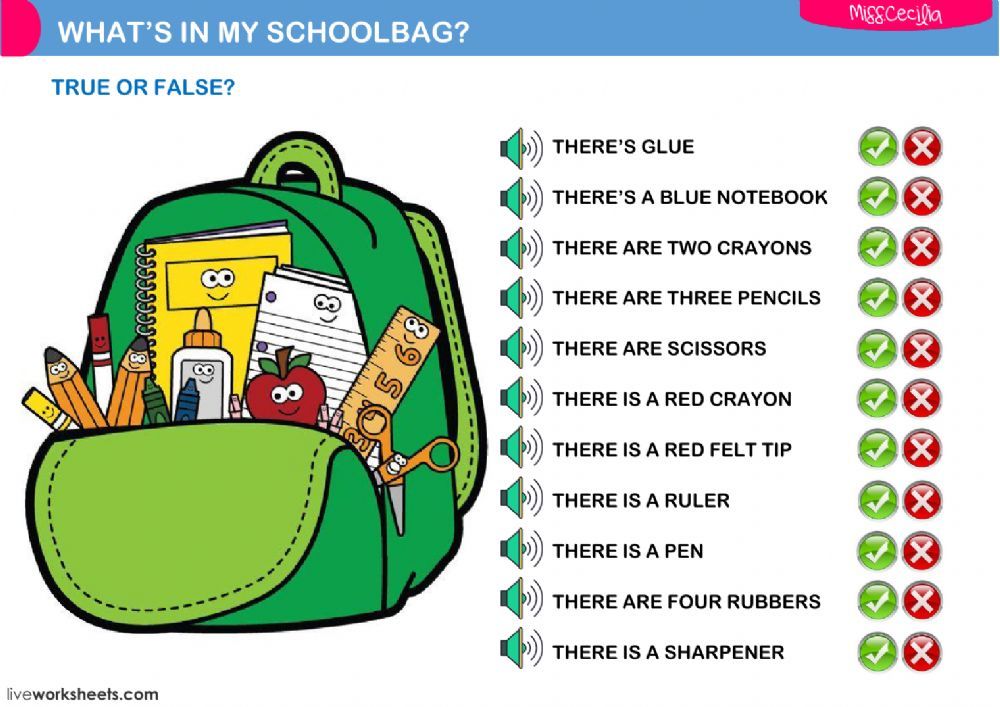 … But she also, importantly, underscores the ways in which people who seem to thrive and excel—the perfectionist, the overachiever, the valedictorian, the brilliant athlete—may also be carrying around the pain that dulls curiosity, limits creativity, stifles imagination, and ultimately may one day lead to inertia and depression.”
… But she also, importantly, underscores the ways in which people who seem to thrive and excel—the perfectionist, the overachiever, the valedictorian, the brilliant athlete—may also be carrying around the pain that dulls curiosity, limits creativity, stifles imagination, and ultimately may one day lead to inertia and depression.”
For more on Olson’s book, see How Does School Wound? Kirsten Olson Has Counted Some Ways
Your browser does not support the video tag.
Varieties of Harm Caused by Schooling
Loss of Creativity
In the land of achievement-based standardized testing, creativity is defined by many as being limited to the “soft skills” that are on display in the art or music rooms. Creativity is not conducive to multiple choice. How often did our best writing, representative of our deepest thoughts and current worldview, get graded poorly or discounted by adults in grade school because it didn’t satisfy format or style requirements? What exasperated teacher hasn’t succumbed to the urge to tell students how to draw a tree?
From the earliest years on throughout all of life, creativity is self-expression reflecting thought, reaction, observations, mimicry, experimentation, and all manner of intentions and experiences. Creativity that is nurtured influences almost all of life’s passions and interests. Yet creativity stops dead at standardized testing and the other demands of schooling. It doesn’t conform to 45-minute class sessions or prescribed curricula. Those who choose to be creative are bound to be judged and compared with peers who have suppressed their creativity in order to meet the requirements of the system. The result is often denial of our inner calling, our compass that points toward our true talents.
Creativity that is nurtured influences almost all of life’s passions and interests. Yet creativity stops dead at standardized testing and the other demands of schooling. It doesn’t conform to 45-minute class sessions or prescribed curricula. Those who choose to be creative are bound to be judged and compared with peers who have suppressed their creativity in order to meet the requirements of the system. The result is often denial of our inner calling, our compass that points toward our true talents.
For more pertaining to the effects of schooling on creativity see: As Children’s Freedom Has Declined, So Has Their Creativity, and Unsolicited Evaluation Is the Enemy of Creativity.
Compliance
The industrial-revolution foundation of the education system expects conformity and rewards predictable behavior, both intellectually and emotionally. We learn to comply in order to get along, to get good grades, and to be passed along to the next grade of our education. While any one teacher or administrator may encourage individuality, the presence of these pressures to be, act, and feel like all the others are unmistakable and unavoidable.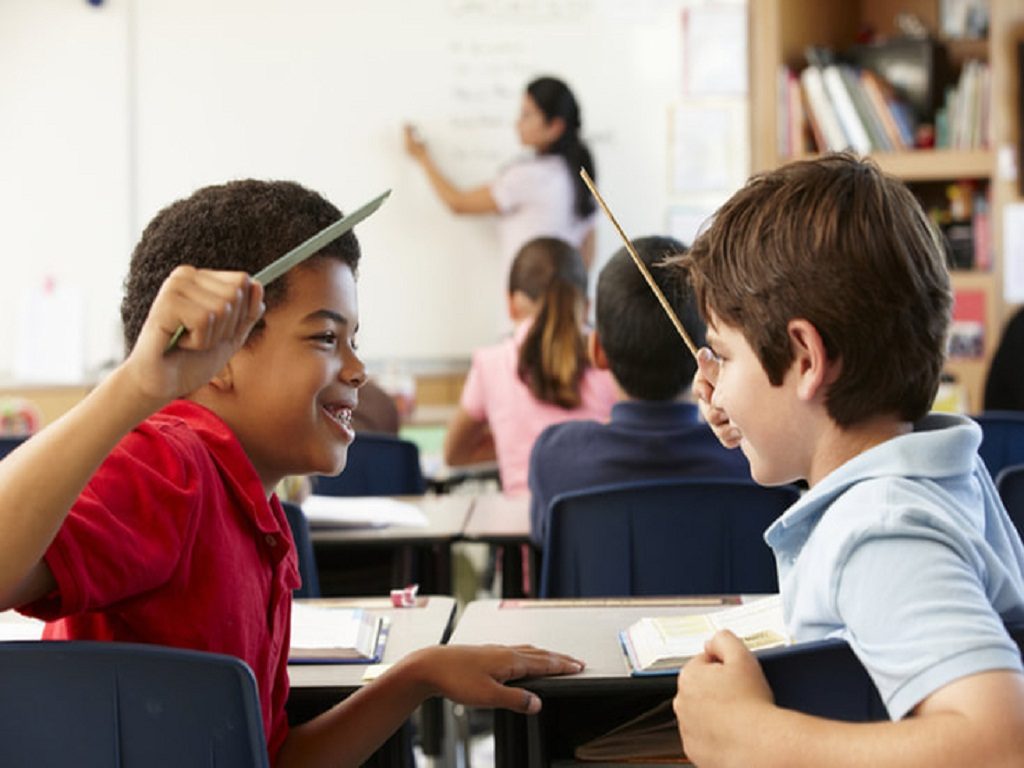 The unintended consequence of this environment is that most learn to look to external rewards for motivation, directing their lives by what others do or hold valuable. Is it any wonder so many go through adulthood muddling through unfulfilling careers and relationships, and then have mid-life crises, waiting until the emotional toll becomes unbearable to finally reflect on who they really are and what they want to do with their lives? Excessive compliance is the enemy of high-level thinking.
The unintended consequence of this environment is that most learn to look to external rewards for motivation, directing their lives by what others do or hold valuable. Is it any wonder so many go through adulthood muddling through unfulfilling careers and relationships, and then have mid-life crises, waiting until the emotional toll becomes unbearable to finally reflect on who they really are and what they want to do with their lives? Excessive compliance is the enemy of high-level thinking.
For more on how schools were initially designed to promote compliance rather than creativity or critical thinking, see A Brief History of Education.
Bullying
Despite greater recognition of this issue, and the widespread implementation of “anti-bullying” campaigns, bullying in schools is pervasive and increasingly damaging. Rates of teenage depression and suicide are at alarming levels, with bullying often cited as a significant contributing factor. Bullying regularly arises when people are forced into settings where they have no power.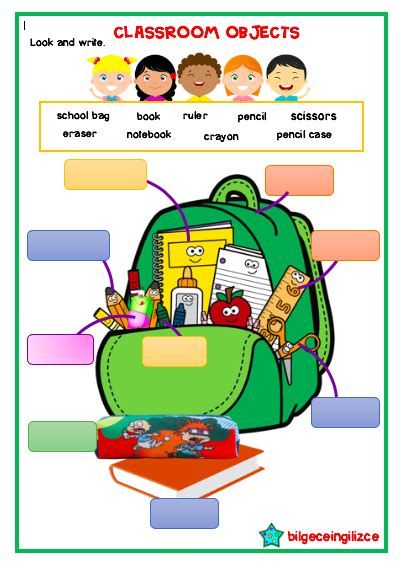 It occurs regularly, for example, in prisons. As with prisons, the bullying trickles down through the hierarchy, and the more autocratic the school administration, the more severe the bullying (as at elite British boarding schools, for example). By contrast, in non-coercive learning environments, children are no longer powerless or helpless, and bullying disappears.
It occurs regularly, for example, in prisons. As with prisons, the bullying trickles down through the hierarchy, and the more autocratic the school administration, the more severe the bullying (as at elite British boarding schools, for example). By contrast, in non-coercive learning environments, children are no longer powerless or helpless, and bullying disappears.
For more on bullying, see School Bullying: A Tragic Cost of Undemocratic Schools and Freedom from Bullying: How a School Can Be a Moral Community.
Rebelliousness
The learners who make it their mission to not do what the students around them are doing are expressing a need for individual consideration and attention. Casting such students as angry outcasts or delinquents is only ignoring the root cause of the rebellion: Something in the system is not meeting their needs, and this is their way of expressing their dissatisfaction. Academically monolithic systems will often create students who are bored, alienated and unsatisfied.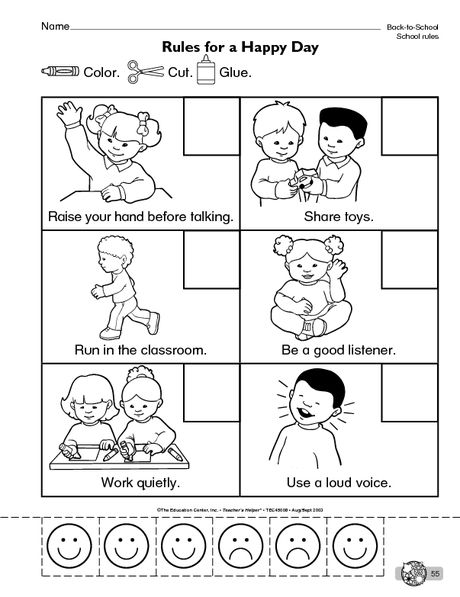
“When children are trained, they learn how to train others in turn. Children who are lectured to, learn how to lecture; if they are admonished, they learn how to admonish; if scolded, they learn how to scold; if ridiculed, they learn how to ridicule; if humiliated, they learn how to humiliate; if their psyche is killed, they learn how to kill.” Alice Miller
Underestimation
When students is made to feel less than their peers–perhaps through discrimination for race, gender, sexual orientation, religion, etc., or by intellectual tracking, or comparisons on test scores–the result is often an internal perception that they are inferior. Less talented, less intelligent, less gifted, less capable, and ultimately – less valuable. Such prejudice and classification occurs routinely in the very place where parents are sending their children to be nurtured and to develop their learning prowess.
Early negative assessments can become self-fulfilling prophesies. Students who are assessed as mediocre or as failures may adopt this as their self-concept and behave accordingly–despite the fact that, biologically, human intellectual capabilities can change dramatically over the years.
Perfectionism, and Over-Concern for Superficial Achievements
Increasingly, academic outcomes are focused entirely on high achievement, as judged by grades and acceptance at prestigious colleges and universities. Failure is not an option; each goal is higher than the last, and the pressure to lead is oppressive for younger and younger students. This is another example of external measures determining choices and defining success for individuals who each should be determining what is important for them each day, not what they need to do to keep up or move ahead of their peers.
This attention on others’ evaluations alienates us from our own learning, interests, and life directions. In such an environment, failure leads to shame, self-loathing, depression and persistent disappointment rather than serving as feedback for future success. When “failure” is perceived by students as not an option, cheating becomes rampant, as it currently is in our coercive schools.
For more on this, see School is a Breeding Ground for Cheating and Schools are Good for Showing Off, Not for Learning.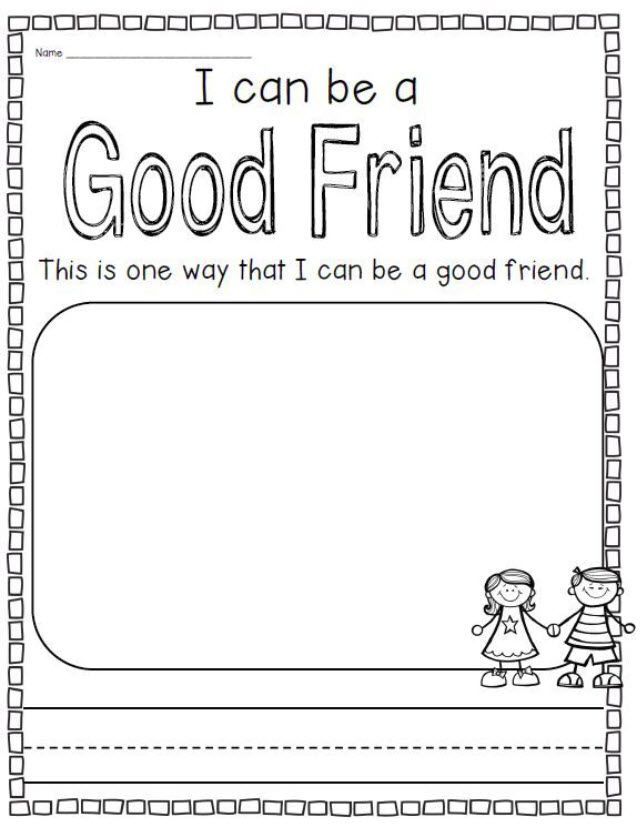
Perpetuation of Economic Divides
Schooling is especially harmful for children from low-income families – it fails them at rates far higher than children from the middle and upper classes (the “successes” are the anomalies, and their climb out of poverty is attributable to other factors. That is no surprise. The competitive, teach-and-test system of schooling, which pits student against student in the striving for grades, drives a wedge between those who already know and those who don’t.
Children from economically better-off families are able to learn at home much of the basics taught in school. They can perform well (at least as measured by grades) in this environment, because they don’t have to learn much that is new. Children without the same home advantages must try to learn what the others already know, and the stress of failure makes such learning almost impossible. Some develop a fatalistic belief in their own stupidity; others drop out, whether physically or just mentally, from the whole enterprise.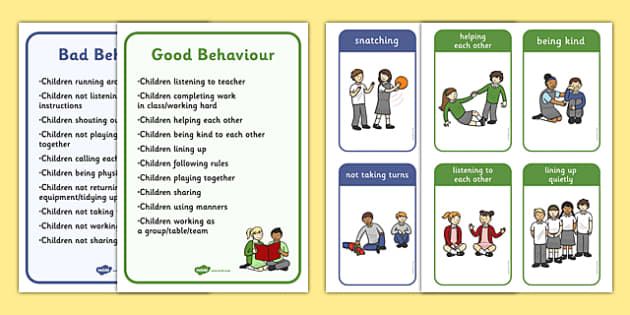 And thus, with each grade in school, the gap between rich and poor becomes greater. [For more on this, see Schools are Good for Showing Off, Not for Learning.]
And thus, with each grade in school, the gap between rich and poor becomes greater. [For more on this, see Schools are Good for Showing Off, Not for Learning.]
This divide is further exacerbated by “zero-tolerance policies” that inflict severe, one-size-fits-all punishments on children. Often without any type of due process or independent review, children are handed harsh punishments, including suspensions, for non-violent offenses such as dress code violations, cell phone use, and truancy. The National Education Policy Center has reported that these policies impact low-income and minority students at far higher rates, leading these children to be labeled as offenders at increasingly younger ages, and often resulting in permanent suspensions and drop-outs in later years. Zero-tolerance policies are known to contribute to the school-to-prison pipeline, where children move from coercive schooling environments into the criminal justice system in a process that perpetuates inequality and disadvantage.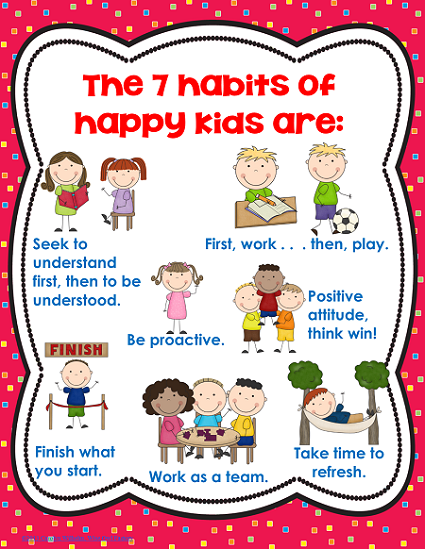 [For more on the impact of zero-tolerance policies, see “The War On Kids” documentary.]
[For more on the impact of zero-tolerance policies, see “The War On Kids” documentary.]
Lost Opportunities
School attendance also comes with staggering opportunity costs. A typical student spends more than 15,000 hours in school over the course of 13 years. Think of how much personally fulfilling learning and growth could have taken place during all that time instead!
——-
For more on the harm that coercive schooling causes, see Seven Sins of Our System of Forced Education
School harms your health | Chalk
Doctors assign children to health groups. The first group includes perfectly healthy children, the second - almost healthy.
If among first-graders 4.3% of students are absolutely healthy, then among eleventh-graders there are none at all
By the end of school, there are no healthy children left. If a child came to the first grade with two diseases, a third one is added to the fifth grade. During the training, students lose their sight, become stooped and nervous. nine0003
During the training, students lose their sight, become stooped and nervous. nine0003
Children's health is worse in lyceums and gymnasiums, where lessons at school and homework take 10-16 hours. As a result, children do not get enough sleep, and 75% of schoolchildren experience a lack of movement. Most children from the first grade get used to a sedentary lifestyle. The exception is the guys who go to sports sections and choreographic studios.
They don’t kill, but they don’t make you stronger either
Every child is special, but all schoolchildren are affected by the constant harmful conditions of school life:
- school stress,
- inhuman organization and quality of food,
- overwork,
- lack of movement.
Some children have a hard time coping with the increased noise level in the classroom, the lack of changing rooms and showers, and the weight of the school bag. It's okay if the child once had a bite of pizza from under the desk instead of lunch or once dragged a heavy backpack with books. But every day for ten years, breathing dust, bending under the weight of a school bag, eating on the run, enduring the injustice of peers or teachers - this is something a growing organism cannot bear without damage. nine0003
But every day for ten years, breathing dust, bending under the weight of a school bag, eating on the run, enduring the injustice of peers or teachers - this is something a growing organism cannot bear without damage. nine0003
Harmful influence accumulates over the years and leads to disorders and chronic diseases. At the same time, we are not talking about improving the physical condition of children at all.
Parental control
Parents today are often called “partners” of teachers and “full participants” in the educational process. Why not, as partners, help the school better comply with the requirements of sanitary rules and regulations. SanPin regulates the conditions on which the health of schoolchildren depends. At the same time, we need to understand what we can change and what is beyond our control, and distinguish one from the other. In this article, we will talk about little-known factors that can be controlled by parents. If your climate zone does not allow you to walk during breaks in winter, there is nothing you can do, but you can fix the rest.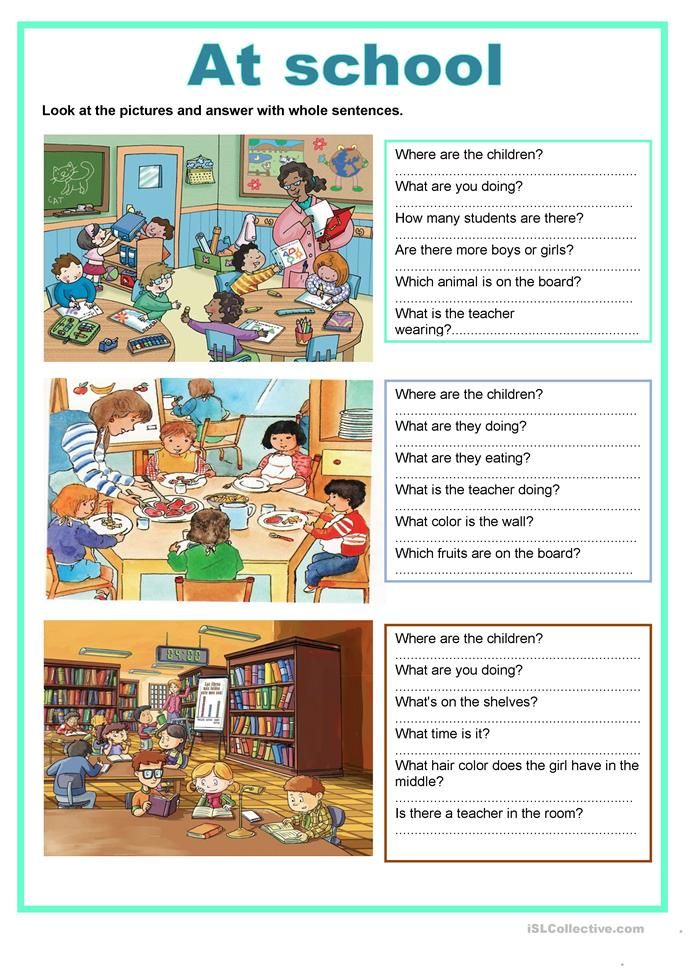 nine0003
nine0003
Trust but verify
The first thing to check in a school is the classrooms. Make sure that none of your child's lessons, meetings, practices or clubs take place in basements or basements. A gym in a “dungeon” is also unacceptable, like a workshop or a laboratory.
Speaking of gyms, they always have separate locker rooms for boys and girls, and in new schools there are also showers. It is important to make sure your child has access to these resources. nine0003
Second grader Yegor (not his real name) from Krasnoyarsk listened to his mother's complaints about the crumpled uniform for 4 months. Once it turned out that boys had to change clothes for physical education in the classroom, in front of girls. To change your trousers to sweatpants, you need to undress to your underpants, and the teacher considers this indecent. In those days when physical education was the last lesson, Yegor ran home in a sports uniform, just so as not to experience the teacher’s condemnation.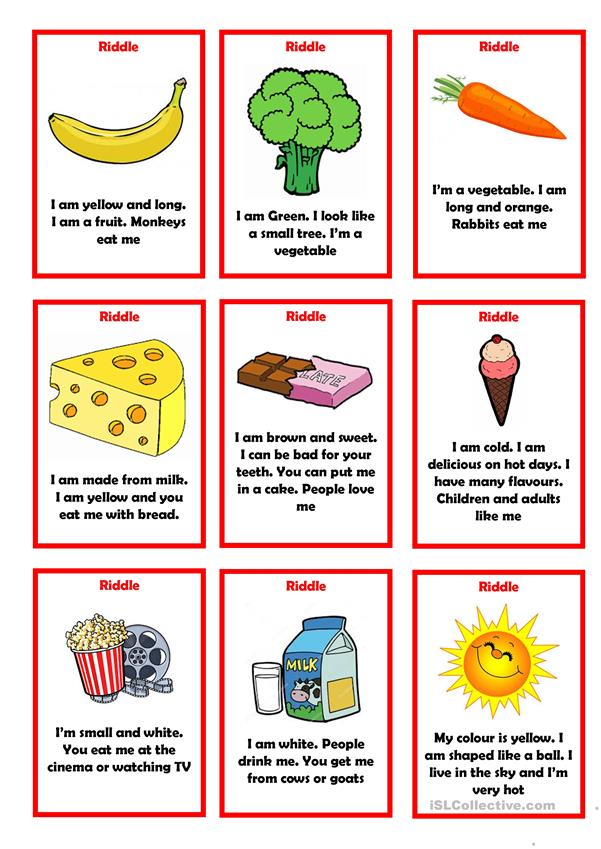 The schoolboy, of course, packed his jacket and trousers into his satchel. Egor felt guilty at home and ashamed in class simply because he was not given the opportunity to change in a civilized manner for physical education class. This is in one of the prestigious areas of the modern Russian metropolis. nine0003
The schoolboy, of course, packed his jacket and trousers into his satchel. Egor felt guilty at home and ashamed in class simply because he was not given the opportunity to change in a civilized manner for physical education class. This is in one of the prestigious areas of the modern Russian metropolis. nine0003
Children who sit in the first and third rows must be changed at least twice a year, and the height of the desk and chair must be appropriate for their height. Measure the height of the child, determine the height of the furniture for him from the table and check the workplace of your student with a regular ruler.
Technology rooms, such as sewing or carpentry, where there is a possibility of injury, as well as sports halls, must have everything necessary for first aid. Ask the teachers to show you the first aid kit and check if it contains dry ice. For most injuries, the first step is to apply cold, and the medical office is often closed. nine0003
The maximum weight of a student's briefcase in elementary grades is 2 kilograms, in senior grades - 4.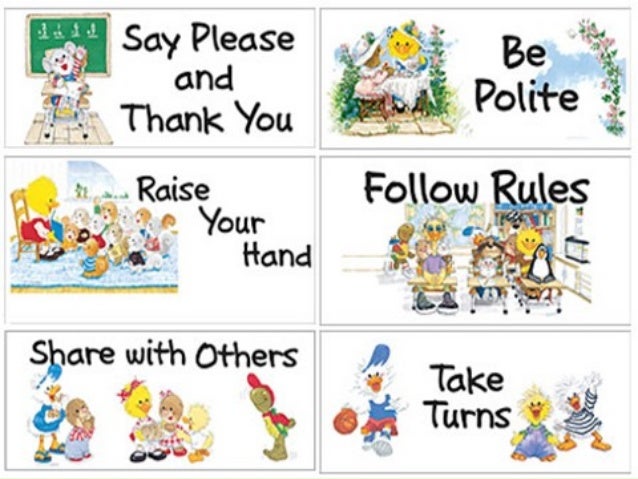 By the way, for "beginners" it is recommended to have two sets of textbooks: one for use in lessons, the second for home use.
By the way, for "beginners" it is recommended to have two sets of textbooks: one for use in lessons, the second for home use.
Cleanliness is the guarantee of health
Upholstered furniture is installed in some classrooms and playrooms. SanPin allows its use only if there are two covers, which are changed at least once a month.
If washing floors and toilet bowls is still the norm for Russian schools, then cleaning lamps, those same ceiling fluorescent lamps, is an outlandish process. According to the rules, they need to be washed at least twice a year, and exhaust ventilation grilles, which are “overgrown” with tatters of dust, every month. nine0003
Wet cleaning in the classroom must be carried out after each training shift. General - every month, and exclusively by the technical staff without the involvement of the labor of students and teachers.
You will be surprised, but sports equipment is also subject to daily cleaning with detergents. And the gym is supposed to be aired after each lesson for at least 10 minutes.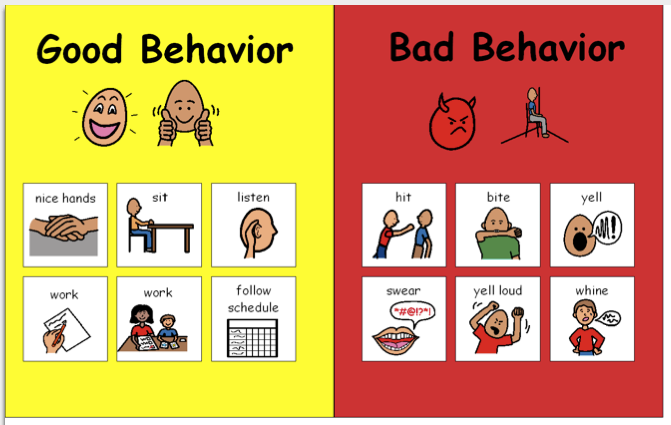
Study load and class schedule
Lessons start between 8 am and 9 am, and this is no accident. Conducting zero lessons under any pretext is unacceptable. nine0003
If a child attends a school with in-depth study of subjects, a lyceum or a gymnasium, he must study only in the first shift. Schoolchildren of the 1st, 5th, graduating 9th and 11th grades also have the right to study in the first shift. Two shifts are common, but no one should study on the third shift.
The allowed number of compulsory lessons for first-graders is 4. In grades 2-4, no more than 5 lessons per day. At the same time, once a week, primary students can add physical education. In grades 5-6 - no more than 6 lessons, and from 7 to 11 - no more than 7. All this with a six-day school week, only first graders have the right to two days off. By the way, all children can apply for an easier school day on Thursday or Friday. nine0003
How much time should be spent doing homework? No more than one and a half hours in all subjects in grades 2 and 3, no more than two hours in grades 4-5, from grades 6 to 8 - 2.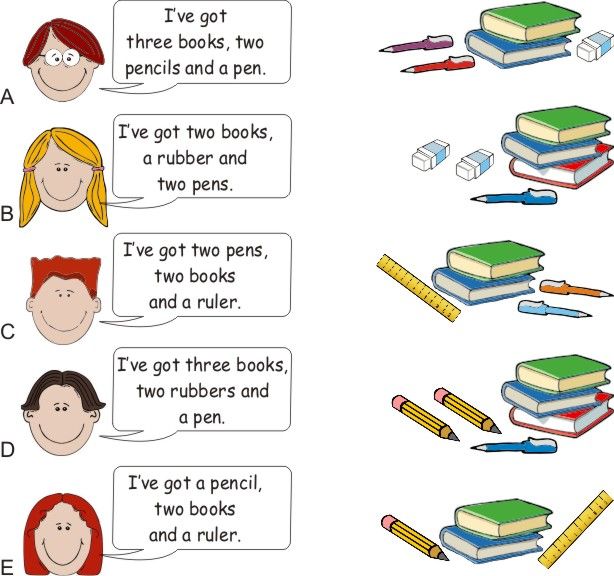 5 hours and a maximum of 3.5 hours per day for grades 9-11. First-graders should not be asked anything at home.
5 hours and a maximum of 3.5 hours per day for grades 9-11. First-graders should not be asked anything at home.
Academic work or physical activity in a physical education class must be at least 27 minutes out of 45. If a teacher chastises mischievous people or poisons jokes for half a lesson, you can contact the administration for a check. nine0003
The call may be for the teacher, but the change is definitely for the students. Ask the child if he can freely leave the class after the bell.
Liza, 5th grade, Perm: "The teacher won't let us go to recess, she says it's our own fault, we didn't work well in class, she only lets us go at the very end."
If the class consistently fails to do what the teacher has planned, it's not the kids, it's the adults. The task of the teacher is to calculate the time of work and the pace of mastering the material by students. The child should have at least 10 minutes to rest between lessons. nine0003
We are amazed at how determined Norwegian schools are to make changes outdoors.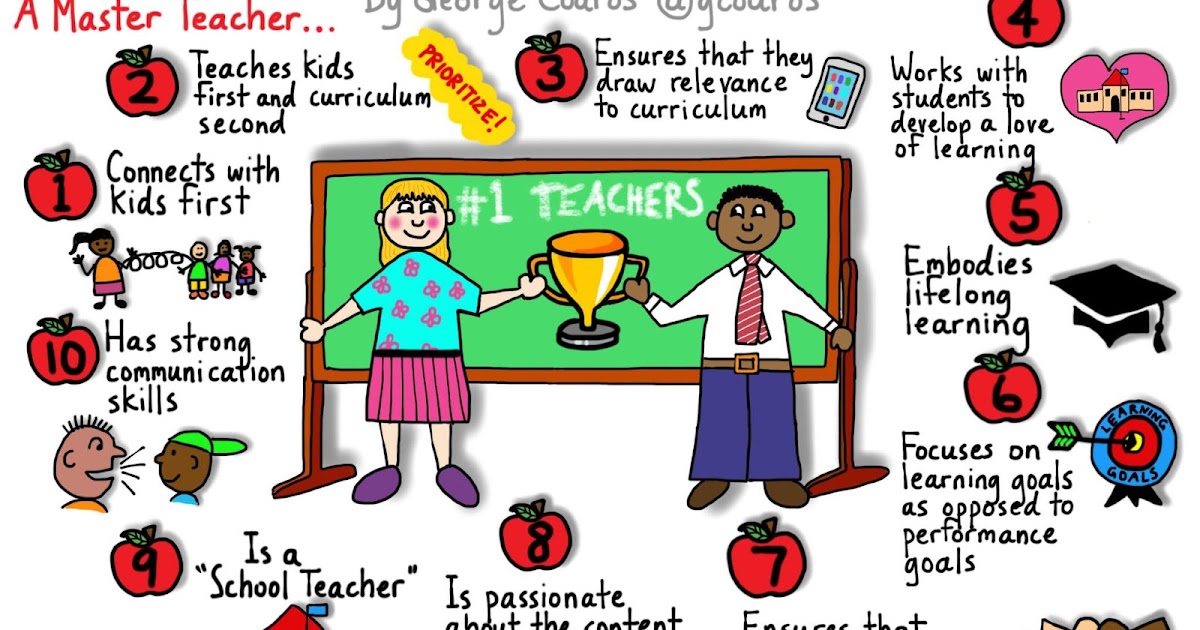 All, without exception, children are taken outside and outdoor games are organized with them. Our SanPins also recommend doing this, but they encounter natural laziness and a lack of healthy habits. The frosts of the Far North and the winds of Primorye are a good reason to relax within the walls of the school, but what are the excuses in the rest of the country?
All, without exception, children are taken outside and outdoor games are organized with them. Our SanPins also recommend doing this, but they encounter natural laziness and a lack of healthy habits. The frosts of the Far North and the winds of Primorye are a good reason to relax within the walls of the school, but what are the excuses in the rest of the country?
In order to prevent fatigue, impaired posture and vision, physical education and eye exercises should be carried out in the classroom. p. 10.17 SanPin
Air raid alert
At temperatures above 24 degrees Celsius, schoolchildren feel uncomfortable and less able to think, moreover, many are packed in semi-synthetic uniforms over turtlenecks. The simplest household thermometer will allow you to understand how optimal the air temperature is.
In classrooms, assembly hall, canteen, recreation, library, lobby and wardrobe, the temperature should be 18-24 C. In the gym and workshops - 17-20 C.
Air temperature can be easily measured.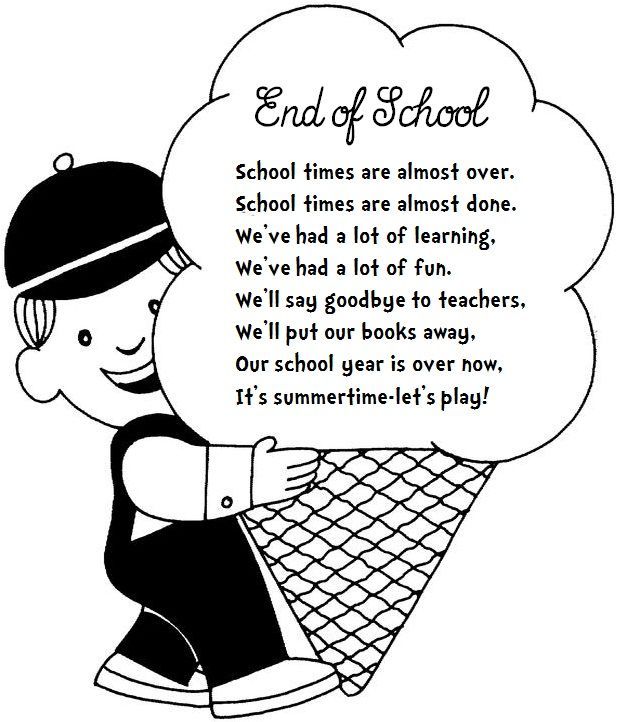 The situation is much worse with another important indicator of air quality - humidity. A humidity monitor called a "hygrometer" is built into many home weather stations. The optimal air humidity is 40-60%, this is the level at which the mucous membranes of the nose and eyes do not dry out. nine0003
The situation is much worse with another important indicator of air quality - humidity. A humidity monitor called a "hygrometer" is built into many home weather stations. The optimal air humidity is 40-60%, this is the level at which the mucous membranes of the nose and eyes do not dry out. nine0003
Normal indoor air humidity does not exceed 20%, and during the heating season it drops to 11%. In such an atmosphere, the immunity of the nasopharynx copes worse with viruses, and children get sick more often. The problem is solved by air washing, which must be chosen taking into account the area of the class.
When 25 children breathe indoors for 45 minutes, there is little oxygen in the air. In order for the brain not to experience oxygen starvation, it is necessary to ventilate the classrooms at every break. Corridors, on the contrary, should be ventilated during lessons. nine0003
As you can see, there are many factors that worsen the health of children, and each one individually looks trifling, but all together these little things have a serious impact on children.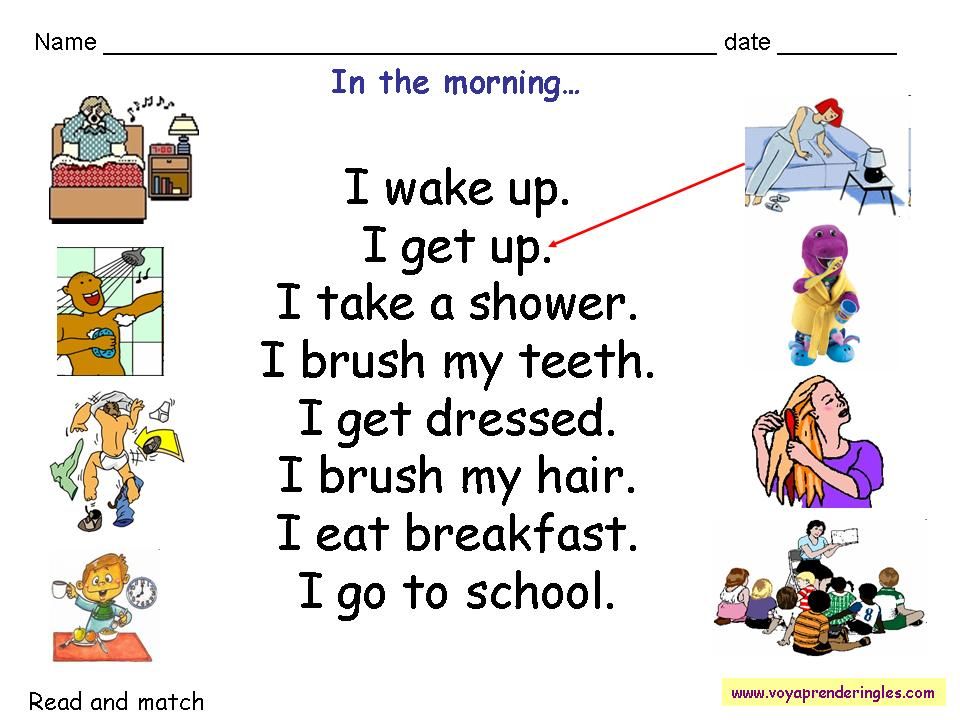 Life is made up of little things, and 10 years is really a whole life, and attention to little things can keep your child healthy.
Life is made up of little things, and 10 years is really a whole life, and attention to little things can keep your child healthy.
History knows examples when selfless heroes achieved significant results alone, but exceptions only confirm the rule: one man is not a warrior. If you want to improve the conditions for your children at school, negotiate with parents at the class level or the governing board about what is important to you. Study SanPin, conduct an independent check of their compliance. Discuss the results at the parent meeting and make a decision. nine0003
Re-educating teachers or reforming the cafeteria is difficult, but any parent can make the school cleaner, the air fresher, and the bag lighter.
It is important to remember that the psychological climate is also important for health and academic success. You should not look for the guilty and threaten the administration with Rospotrebnadzor. Our country has wonderful laws and regulations, but there is no system for their application.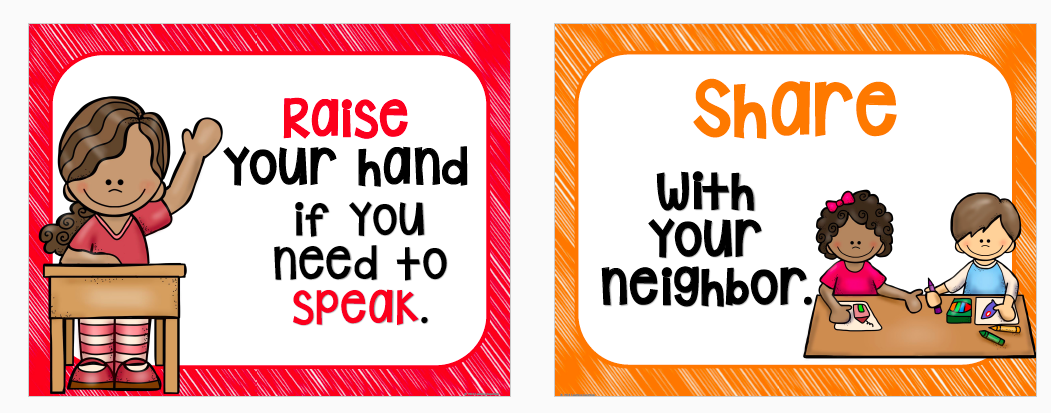 If the airing in the school is carried out haphazardly, this does not mean that the teachers are to blame, most likely, those responsible for the airing are simply not appointed. nine0003
If the airing in the school is carried out haphazardly, this does not mean that the teachers are to blame, most likely, those responsible for the airing are simply not appointed. nine0003
Do not forget that children's health is also their concern, involve students in discussing problems, perhaps they will offer the best solution, they themselves organize duty and public control, for example, over the observance of the right to change.
Well, if your ideas for improving the environment do not meet with understanding from other parents, or the administration does not make contact, there is always the option of switching to family education. This flexible form is chosen by more and more families in Russia every year. nine0003
Photo: iStockphoto (bodnarchuk)
"School is Bad for Children" by John Holt
Eminent educational reformer and former teacher John Holt reflects on children's innate curiosity and what the most important questions in life are not taught in school or university.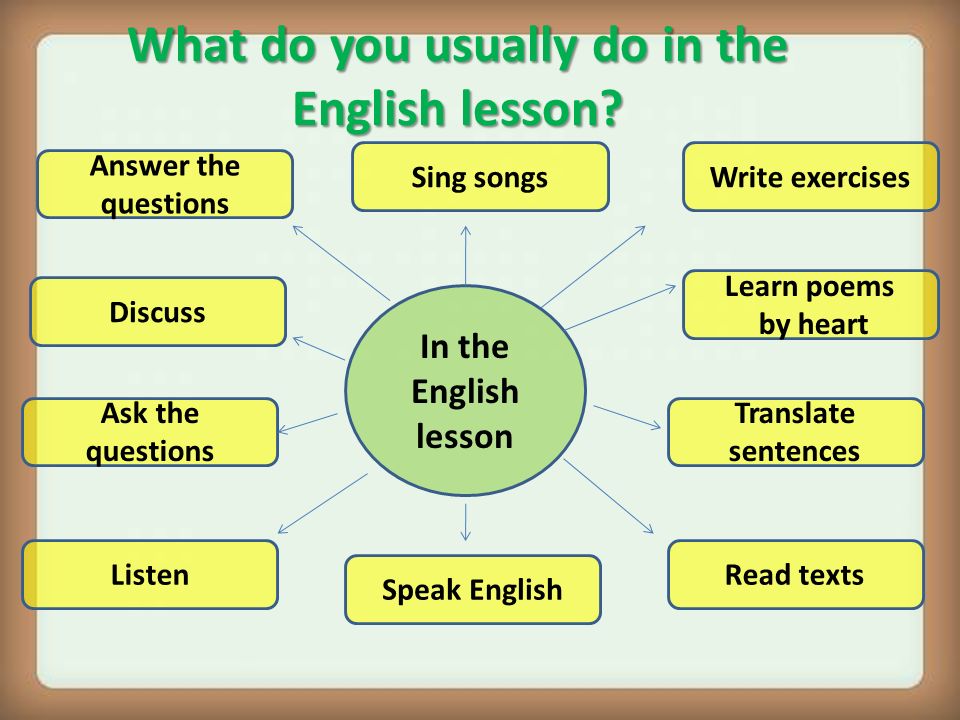 Why school is bad for kids confident and independent than he would ever become in his high school years. And, unless he is extremely unusual or lucky, he will not get better in his whole life. After all, by this moment, only thanks to his attentiveness and interaction with the outside world and people, the child has already coped with tasks that are much more difficult than those that he will face at school, and without formal school instructions. The child has overcome the language barrier. He discovered speech - and children don't even know it exists - and he figured out how speech works and learned how to use it, gradually improving it until it works as it should. And as language skills are taught, the child learns many other things, including principles that the school system believes he cannot learn on his own. nine0003
Why school is bad for kids confident and independent than he would ever become in his high school years. And, unless he is extremely unusual or lucky, he will not get better in his whole life. After all, by this moment, only thanks to his attentiveness and interaction with the outside world and people, the child has already coped with tasks that are much more difficult than those that he will face at school, and without formal school instructions. The child has overcome the language barrier. He discovered speech - and children don't even know it exists - and he figured out how speech works and learned how to use it, gradually improving it until it works as it should. And as language skills are taught, the child learns many other things, including principles that the school system believes he cannot learn on his own. nine0003
And now he enters the school, an inquisitive, determined, energetic and skillful student. We put him at the desk, and what do we teach him? Many things.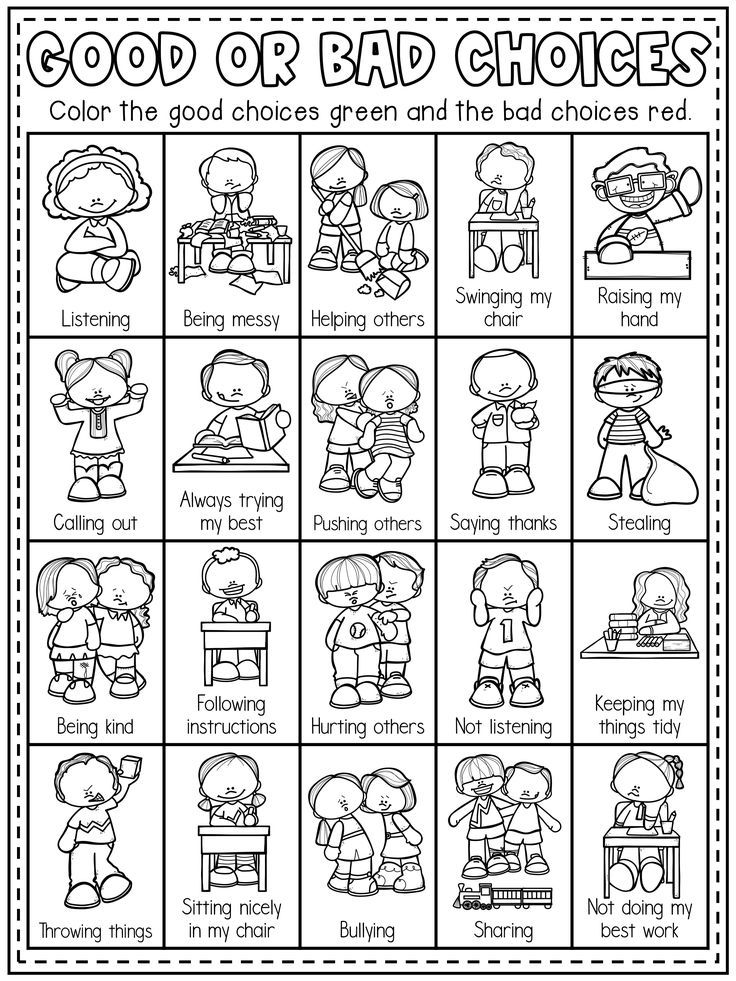 First, the fact that study is separated from life in the real world. “You come to school to learn,” we say to him, as if the child had not learned anything before, as if learning takes place outside of life and is in no way connected with it. Secondly, that he, a child, is not trusted in the matter of education and that he does not understand anything about it. In teaching reading, a skill much simpler than those he has already mastered, everything seems to say to the child: “If we do not force you to read, you will not read. If you don't follow our instructions exactly, you won't learn to read." Simply put, the child begins to understand learning as a passive process, as something that someone else does for you, and not as something that you do for yourself. nine0003
First, the fact that study is separated from life in the real world. “You come to school to learn,” we say to him, as if the child had not learned anything before, as if learning takes place outside of life and is in no way connected with it. Secondly, that he, a child, is not trusted in the matter of education and that he does not understand anything about it. In teaching reading, a skill much simpler than those he has already mastered, everything seems to say to the child: “If we do not force you to read, you will not read. If you don't follow our instructions exactly, you won't learn to read." Simply put, the child begins to understand learning as a passive process, as something that someone else does for you, and not as something that you do for yourself. nine0003
In addition, the child learns that he is useless, untrustworthy, fit only to carry out other people's orders, an empty sheet for those who undertake to draw something on it. Of course, at school we talk a lot about the fact that the child and his individual characteristics must be respected. But our actions, in contrast to our words, tell the child that his experience, his doubts, interests, needs, what he already knows, as well as what he wants, what he dreams about, what he is good at and what he is not - all this does not mean absolutely nothing, it is not worth a broken penny. And what matters here - the only thing that matters - is what we know, what we consider important, what we want from him. The child is unlearning how to ask questions - the teacher is not here to satisfy the interest of the child. Having learned to hide his interest, the child quickly begins to be ashamed of it. Having no chance to understand himself, to develop his own personality, the child quickly accepts the assessment that adults give him. nine0003
But our actions, in contrast to our words, tell the child that his experience, his doubts, interests, needs, what he already knows, as well as what he wants, what he dreams about, what he is good at and what he is not - all this does not mean absolutely nothing, it is not worth a broken penny. And what matters here - the only thing that matters - is what we know, what we consider important, what we want from him. The child is unlearning how to ask questions - the teacher is not here to satisfy the interest of the child. Having learned to hide his interest, the child quickly begins to be ashamed of it. Having no chance to understand himself, to develop his own personality, the child quickly accepts the assessment that adults give him. nine0003
Photo from relevantquestions.blogspot.ru
He is also learning other things. To be mistaken, to doubt one's rightness, to get confused is a real crime. The correct answer is what the school wants, and the child learns to beg for these answers from teachers, cramming, forcing them to convince teachers that they know something they don’t know.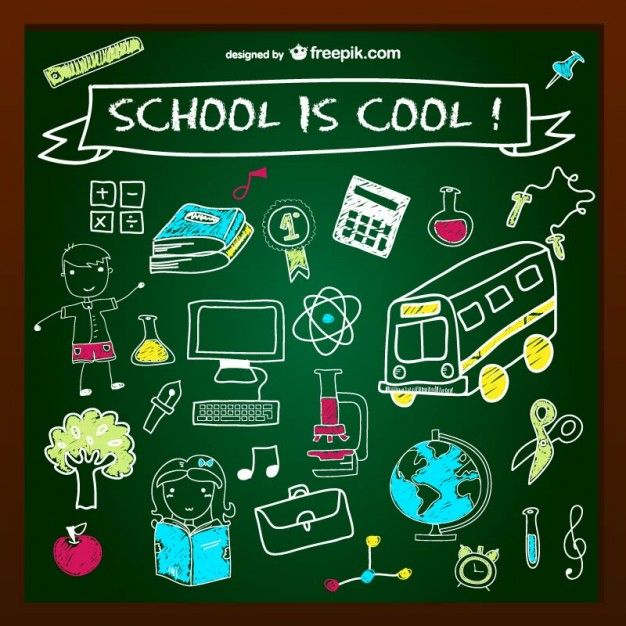 He learns to evade, lie, pretend, cheat. The child learns to be lazy! Before coming to school, he could work for hours, without thinking of any encouragement, in order to understand the world. At school, like a private doing a job, he learns to imitate activity, learns not to work while the "sergeant" is not looking, makes sure he is being looked at, and pretends to work when he is looked at. The child learns that in life you do only what you are forced to do, that nothing is worth it in itself, and if it is worth it, then it has nothing to do with school. He learns to be bored, to work without including his mind in the learning process, to escape from the reality surrounding him, into dreams and fantasies - but not the fantasies that occupied him before school and of which he actively became a part. nine0003
He learns to evade, lie, pretend, cheat. The child learns to be lazy! Before coming to school, he could work for hours, without thinking of any encouragement, in order to understand the world. At school, like a private doing a job, he learns to imitate activity, learns not to work while the "sergeant" is not looking, makes sure he is being looked at, and pretends to work when he is looked at. The child learns that in life you do only what you are forced to do, that nothing is worth it in itself, and if it is worth it, then it has nothing to do with school. He learns to be bored, to work without including his mind in the learning process, to escape from the reality surrounding him, into dreams and fantasies - but not the fantasies that occupied him before school and of which he actively became a part. nine0003
The child comes to school with an interest in new people, especially other children, but is taught at school not to notice them. The most interesting thing in the class, and sometimes the only thing to pay attention to, are other children, but he is made to act as if there is no one else in the class.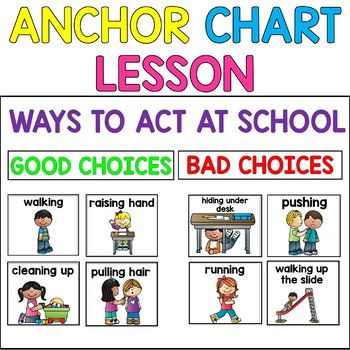 The child cannot communicate with them, interact, smile.
The child cannot communicate with them, interact, smile.
In fact, the child is forced to behave as if nothing is happening around. You can say that the whole school is just an endless lesson in how to disconnect from the world around you. The school is not only boring, it is also unattractive, insensitive and inhuman. nine0003
And in this place where no one says anything significant, where everyone seems to play a role, as in a charade, where teachers are no more open to their students than students themselves are to teachers and each other, where the very air vibrates with suspicion and anxiety, the child lives in constant fear, saving his energy for short moments in life that are too trivial for adults to pay attention to. It is rare for a child to go through this and retain knowledge, interest, and independent self-esteem. nine0003
Our Compulsory School Act once served a useful purpose. He defended the right of children to receive at least some education that their parents could deprive them of for the sake of working on a farm, in a shop, in a mine, and so on.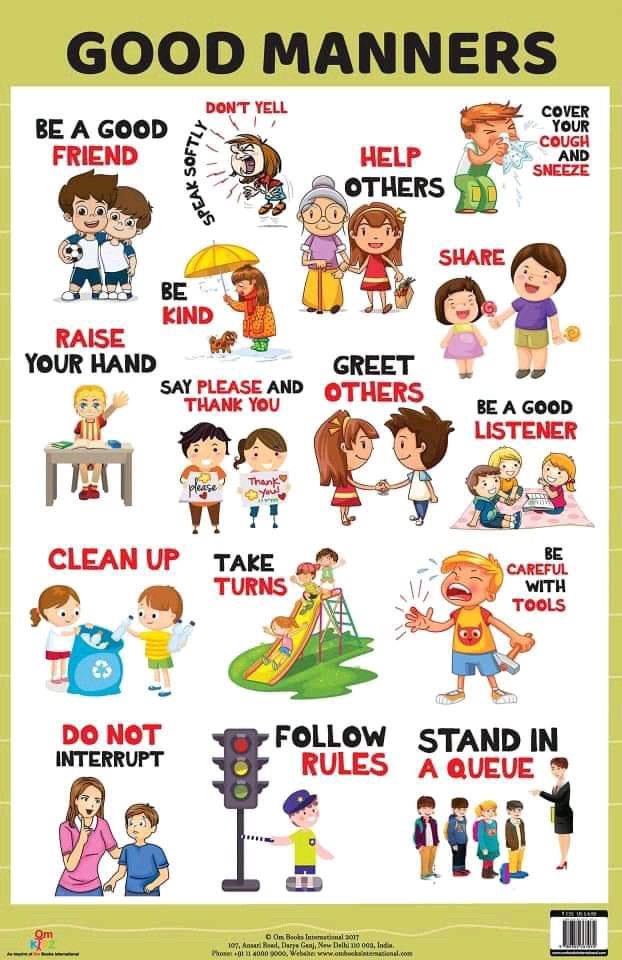 Now this law does not help anyone - neither schools, nor teachers, nor children. Every teacher knows that a child who does not want to be in school not only does not learn anything, but he also makes this task more difficult for everyone else. And as for the exploitation of children, that's exactly what schools are doing now. nine0003
Now this law does not help anyone - neither schools, nor teachers, nor children. Every teacher knows that a child who does not want to be in school not only does not learn anything, but he also makes this task more difficult for everyone else. And as for the exploitation of children, that's exactly what schools are doing now. nine0003
We must get children out of school and give them the opportunity to learn about the world first hand. This is a new and stupid idea that in order to educate children, you need to take them out of the world and isolate them in brick boxes. With the exception of parents and other close people, the child does not contact with any of the adults, with the exception of those for whom he is a professional object. It is not surprising that a child does not know what an adult's life or work is like. A child who learns to speak does not do so by constantly being corrected, otherwise he would simply not speak. He compares how he speaks and how others communicate and does it a thousand times a day.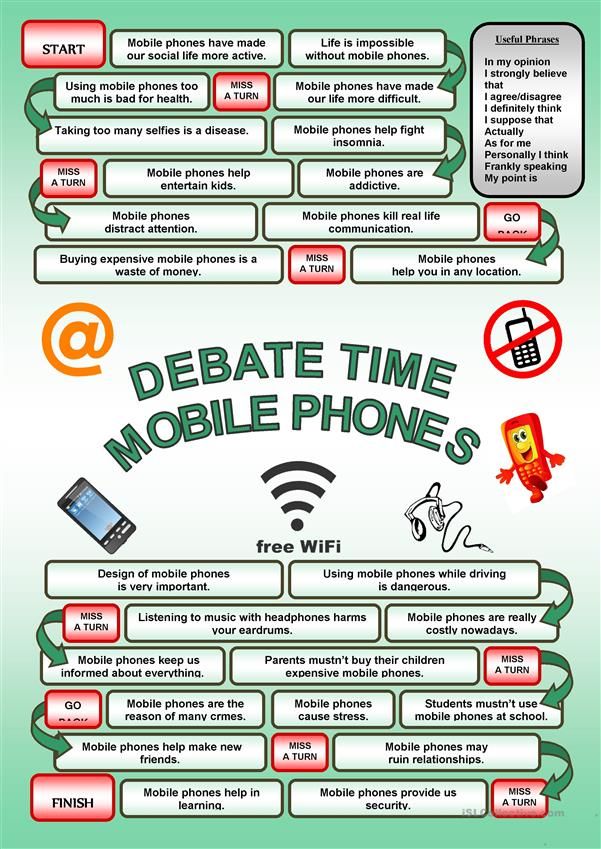 Little by little, he makes the necessary adjustments to speak like those around him. In the same way he learns other things - to walk, to run, to climb, to ride a bicycle, to skate, to play games - he compares his progress with the actions of more experienced people and makes the necessary changes. nine0003
Little by little, he makes the necessary adjustments to speak like those around him. In the same way he learns other things - to walk, to run, to climb, to ride a bicycle, to skate, to play games - he compares his progress with the actions of more experienced people and makes the necessary changes. nine0003
But at school we never let a child look for his own mistakes. We do it for him. We do it as if, if we do not point out a mistake to the child, he will never notice it, and will not correct it if we do not force him to do so. And soon he will become dependent on someone else's proofreading. We should let him deal with his own mistakes. Give him the opportunity to understand the meaning of the word, the solution to the problem, no matter what solution he independently comes up with. Our job should be to help the child if he asks for our help. Let's do away with the stupidity of grades and exams. We do not know how to understand and measure the real knowledge of another person and how he understands something.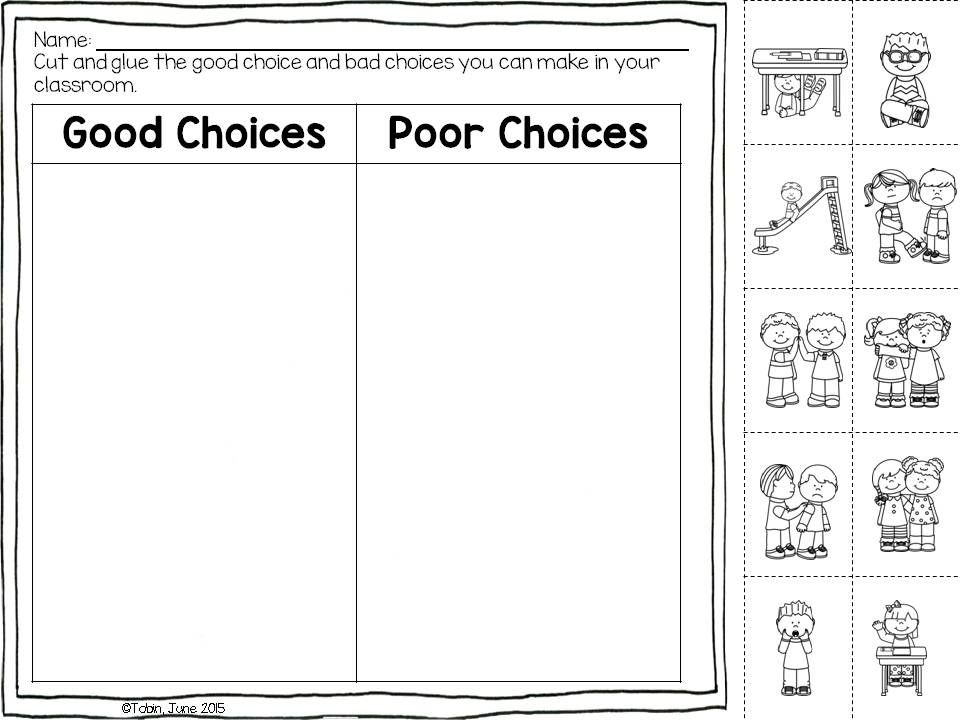 We cannot understand this by asking him questions. We can only understand what he does not know, in fact, this is what tests are for. Get rid of the tests and let the child learn in peace what every educated person should know - how to assess the degree of his own understanding and how to understand what he knows and what he does not. nine0003
We cannot understand this by asking him questions. We can only understand what he does not know, in fact, this is what tests are for. Get rid of the tests and let the child learn in peace what every educated person should know - how to assess the degree of his own understanding and how to understand what he knows and what he does not. nine0003
People remember only what is interesting and useful to them, what makes what is happening meaningful and helps them live. Everything else is quickly forgotten, if taught at all. The idea of a “body of knowledge” that is used in school and adopted for the rest of your life is unrealistic in a world that is so complex and constantly changing. And in general, the most important questions and problems of our time are not discussed either in schools or even in universities.
Children strive, even after many years of imaginary schooling, to understand the world, themselves and the people around them. Let them do the job, with our help if they ask for it, and in the way that seems best to them.